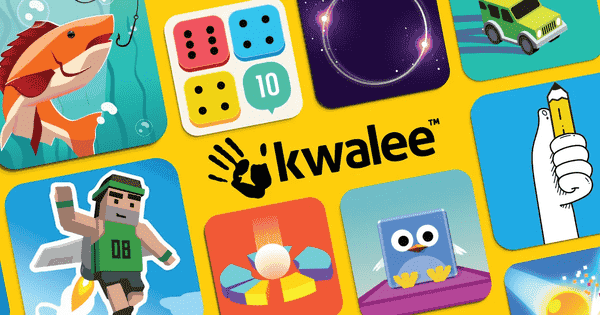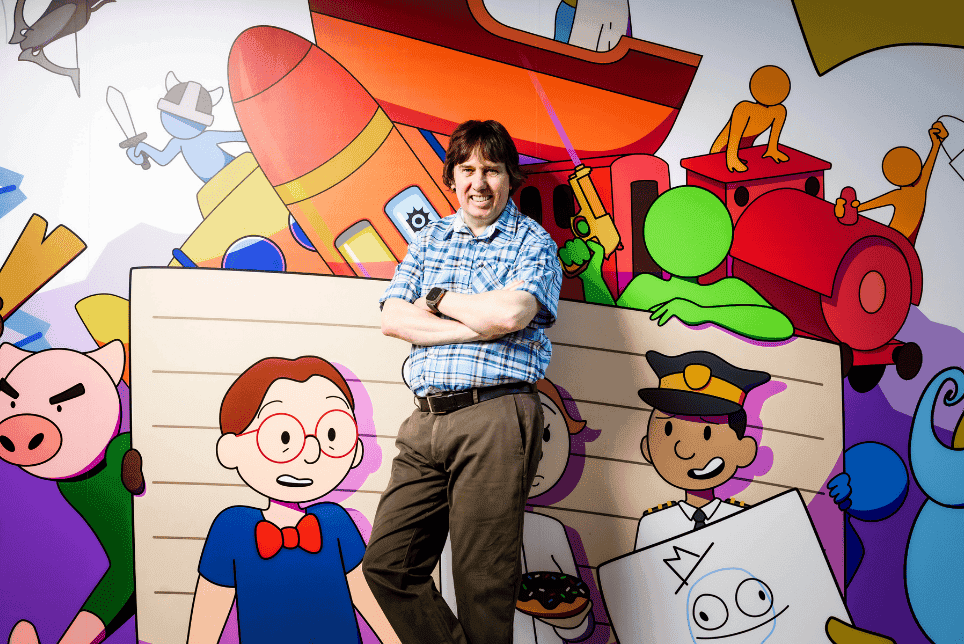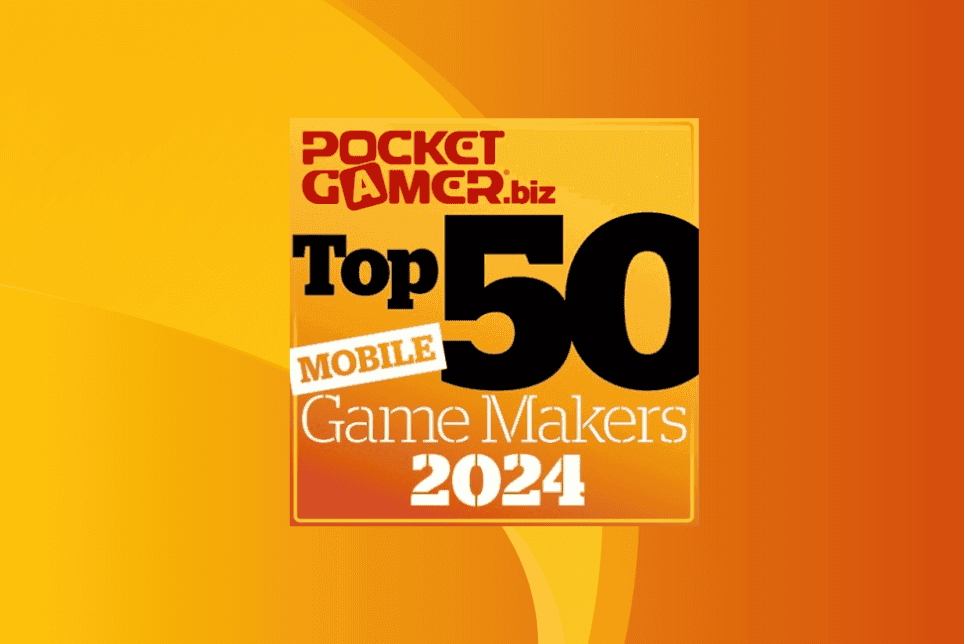Artificial intelligence (AI) has already made significant strides in the world of marketing, and it’s expected to continue to play an increasingly important role in the games industry in the coming years. Some marketers in the mobile games space may be hesitant to embrace it, fearing that it will replace human jobs or that it may be too complex to understand and effectively use.
That said, there are also many compelling reasons for marketers to embrace AI and the opportunities it presents across content creation, coding, SEO, customer service and image creation.
On the one hand, there are valid concerns about the potential impact of AI on the job market. As it becomes more advanced, it’s highly likely that some tasks that were previously performed by humans will become automated – in fact there are many examples where this is happening already. This could lead to job losses and displacement for some workers.
Additionally, there is a fear that AI in marketing may be used to make decisions that lean away from a brand’s positioning, personality or tone of voice, leading to negative consequences for certain customer segments. Added to that concern, who takes legal or ethical responsibility when something has been crafted by machines?
It’s important to note that AI has the potential to greatly improve and enhance the work of marketers, rather than replacing it entirely. AI can be used to interrogate large amounts of data at the same time and identify trends and patterns that would be difficult for humans to detect on their own. This can help marketers make more informed decisions about their marketing strategies and target their efforts more effectively in near real time.
AI can also be used to automate repetitive tasks, freeing up time to focus on more creative and strategic work. For example, AI chatbots can handle customer service inquiries, allowing you to focus on more high-level tasks such as developing new campaigns or enhancing team performance.
Another advantage of AI in marketing is its ability to hone uniquely targeted experiences for customers. By reviewing customer data and behaviour, AI can help marketers create customised marketing campaigns that are more likely to be successful. This can be especially beneficial for small businesses, which may not have the resources to constantly create bespoke marketing efforts on their own.
Despite the potential benefits of AI, it is important for marketers to be aware of the limitations and potential risks of using these technologies in their work. It’s essential to ensure that AI is used ethically and responsibly, and that it’s not used to make disproportionally weighted decisions. Additionally, marketers should be aware of the risks associated with relying too heavily on AI, and should consider the potential consequences of a system failure or data breach.
Overall, the decision of whether to embrace or fear the emergence of AI in marketing will depend on an individual marketer’s perspective, goals, brand positioning and customer needs. Some marketers may be hesitant to adopt AI due to concerns about job displacement or the potential risks associated with using the technology, however others will likely lean in and use AI as a valuable tool that can help them improve their work and achieve their marketing goals more efficiently.
Ultimately, the key for marketers will be to carefully consider the potential benefits and risks and to approach the technology with a clear awareness of its limitations.
As a point of note, this entire article was written by ChatGPT from OpenAI in under one minute, with only minor edits required by the author (mostly to un-Americanise spelling and de-clunk some of the more verbose copy).
To misquote HG Wells/The Simpsons: “I, for one, welcome our new robot overlords!”
It’s obviously up to you on a per game basis as to whether you embrace these new technologies, but it’s clear that others are already. AI has the capability to craft highly credible first drafts, potentially evolving human marketers into creative instigators, content gatekeepers, editors and responsible signatories.
With this level of capability, those who reject AI as at least an occasional tool in their marketing armoury will, most likely, find themselves, and the games they represent, left out in the cold.
Interested in sharing your experience or writing a guest post for us? Chat with us on our social media (Twitter | Facebook | Instagram | LinkedIn) and we’ll consider something for you! If you found this article helpful, share it with anyone who’d find it insightful or useful.







